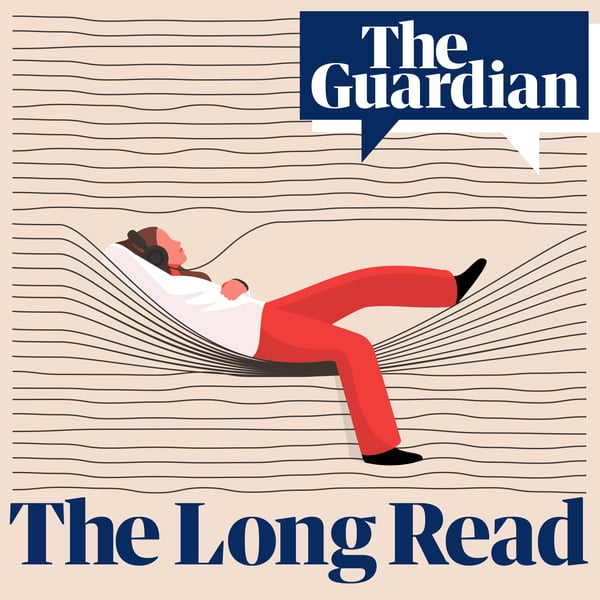‘We can’t even get basic care done’: what it’s like doing 12-hour shifts on an understaffed NHS ward
The Audio Long Read
The Guardian
4.3 • 2.4K Ratings
🗓️ 27 January 2023
⏱️ 26 minutes
🧾️ Download transcript
Summary
Transcript
Click on a timestamp to play from that location
| 0:00.0 | This is The Guardian. |
| 0:30.0 | I'm down for a 12 and a half hour shift and I have slept poorly. I get dressed and |
| 0:53.7 | drive to work. I don't have time for breakfast. It's still dark and there is no traffic to |
| 1:01.1 | contend with, but I feel as if I could not offer any moment. I arrive at the hospital, |
| 1:08.9 | a large regional hospital in the east of England and put on my uniform, a shapeless blue |
| 1:15.1 | polycotton tunic with ill-fitting trousers and a pair of old running shoes. I walk onto |
| 1:24.3 | the ward at 7am to find the night team still busily rushing around. The night has been terrible, |
| 1:30.4 | they say. Patients have been up and down constantly. I glance at the staffing board. The |
| 1:37.5 | ortho-juriatric ward for elderly people with fractures has a capacity of 28 patients spread |
| 1:44.2 | across bays and side rooms. For staffing purposes, the ward is split into two roughly equal |
| 1:50.5 | halves. On my half of the ward there is a nurse and two healthcare assistants. I'm one |
| 1:56.4 | of them, to help with basic patient care. I feel the tension in my shoulders dissipates |
| 2:01.8 | slightly as I see that I'm due to work with a friendly and capable colleague. And I feel |
| 2:07.5 | today might not be as bad as yesterday. No sooner has this thought formed, however, than |
| 2:14.0 | her name is crossed off the board. She's being moved to another ward, which is even more |
| 2:18.9 | short staff than ours. We take hand over from the exhausted night team, |
| 2:24.3 | jotting down basic information about each patient and begin our shift. The ward I'm on |
| 2:30.0 | is supposed to be for people with broken bones, but we have had to take several neurological |
| 2:34.7 | patients after one of the neuro wards was closed due to a COVID outbreak. Several of these |
| 2:40.7 | patients have survived brain hemorrhages, but sustained damage to the part of the brain |
| 2:44.7 | responsible for motor coordination. This means that they are prone to losing their balance |
| 2:49.7 | and falling. Another of these patients has dementia, and wonders around the ward, talking |
... |
Please login to see the full transcript.
Disclaimer: The podcast and artwork embedded on this page are from The Guardian, and are the property of its owner and not affiliated with or endorsed by Tapesearch.
Generated transcripts are the property of The Guardian and are distributed freely under the Fair Use doctrine. Transcripts generated by Tapesearch are not guaranteed to be accurate.
Copyright © Tapesearch 2025.

